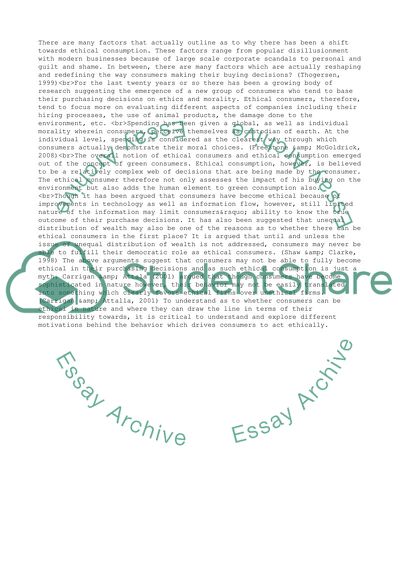Cite this document
(“Business Ethics Research Paper Example | Topics and Well Written Essays - 1750 words”, n.d.)
Retrieved from https://studentshare.org/business/1398455-business-ethics
Retrieved from https://studentshare.org/business/1398455-business-ethics
(Business Ethics Research Paper Example | Topics and Well Written Essays - 1750 Words)
https://studentshare.org/business/1398455-business-ethics.
https://studentshare.org/business/1398455-business-ethics.
“Business Ethics Research Paper Example | Topics and Well Written Essays - 1750 Words”, n.d. https://studentshare.org/business/1398455-business-ethics.


